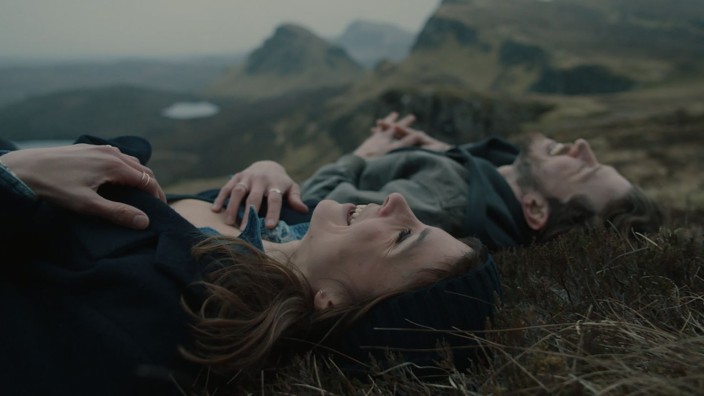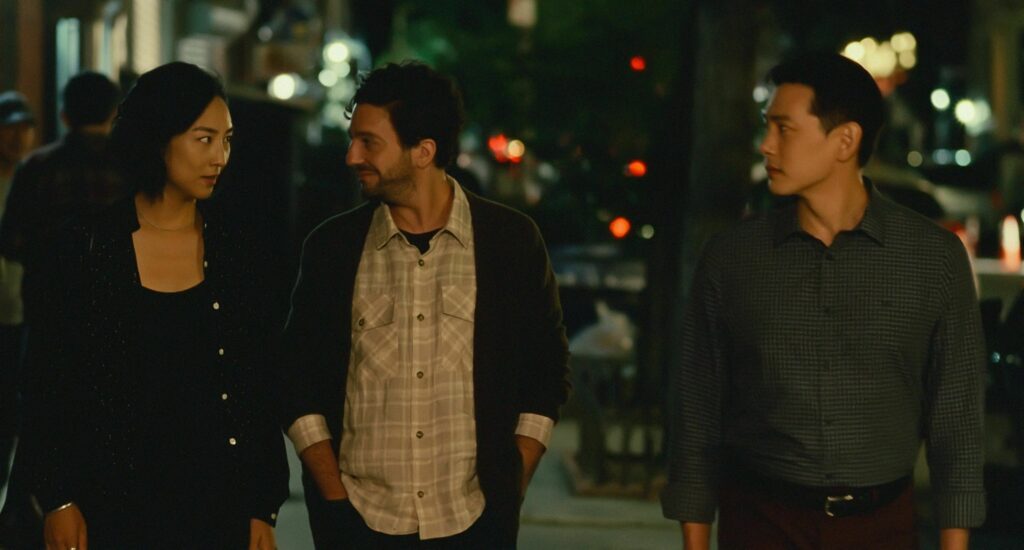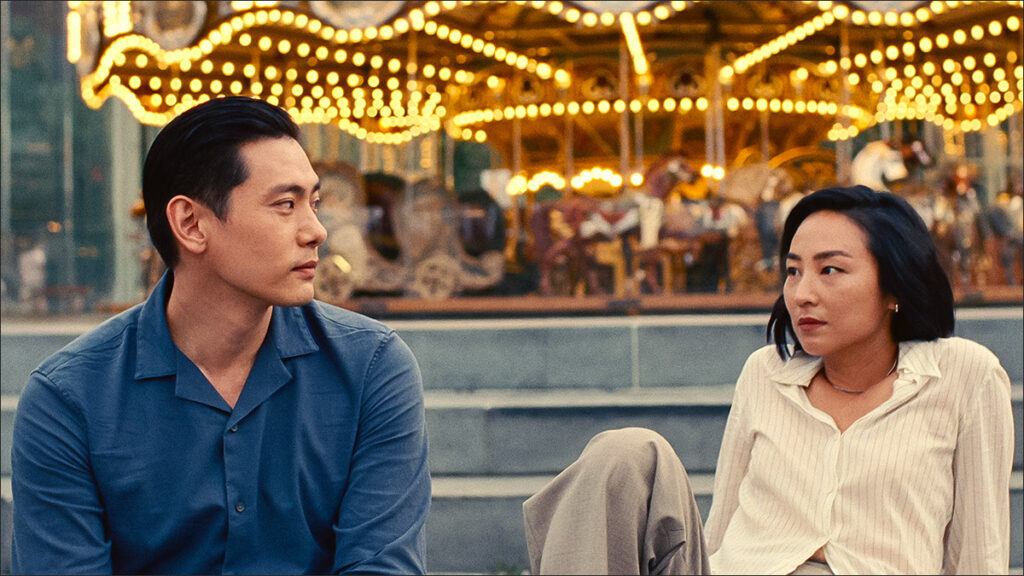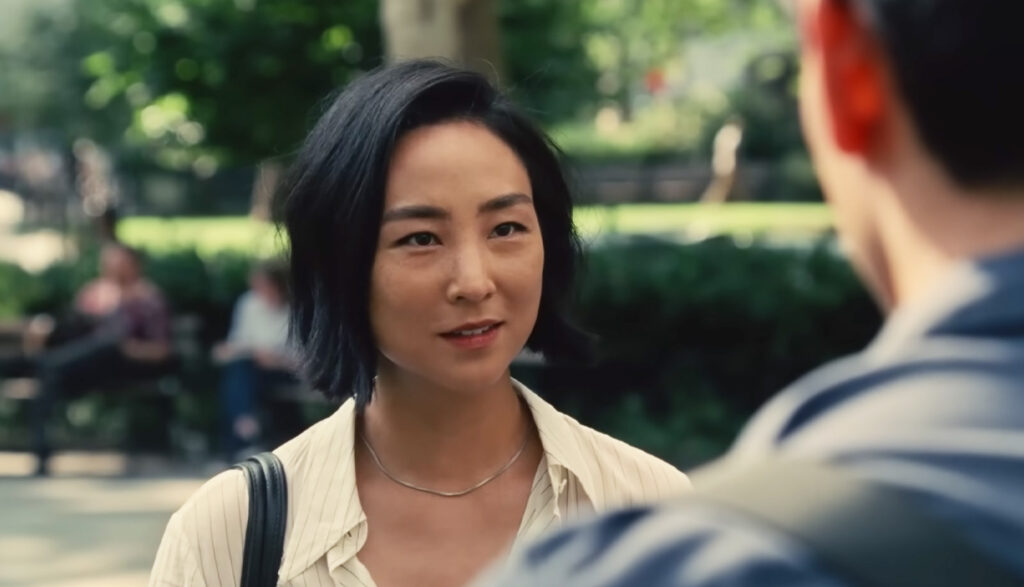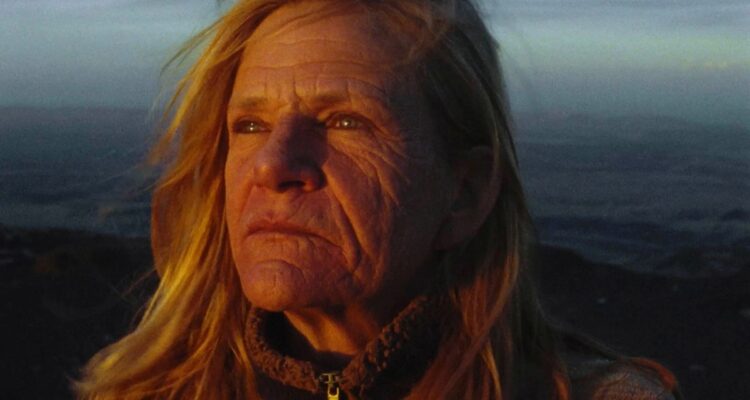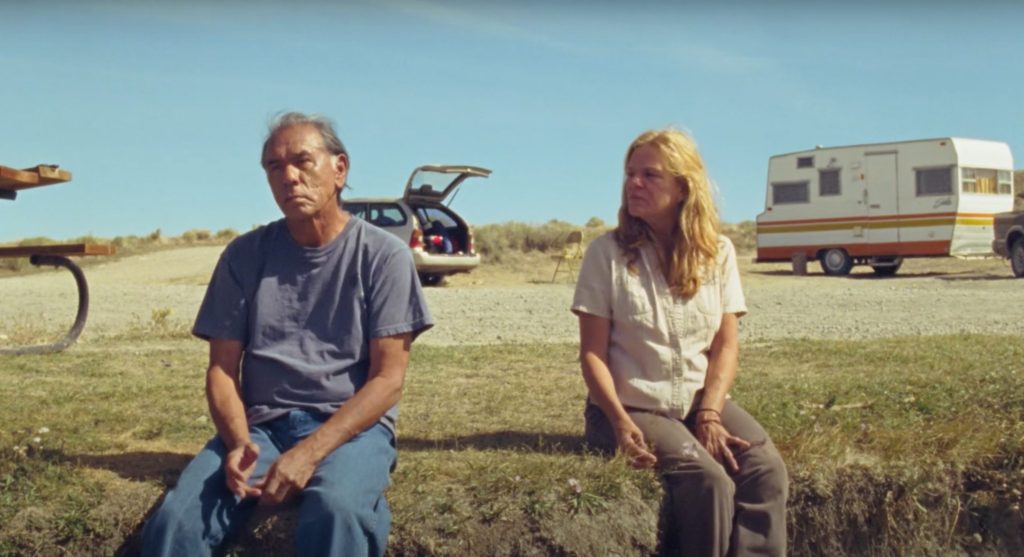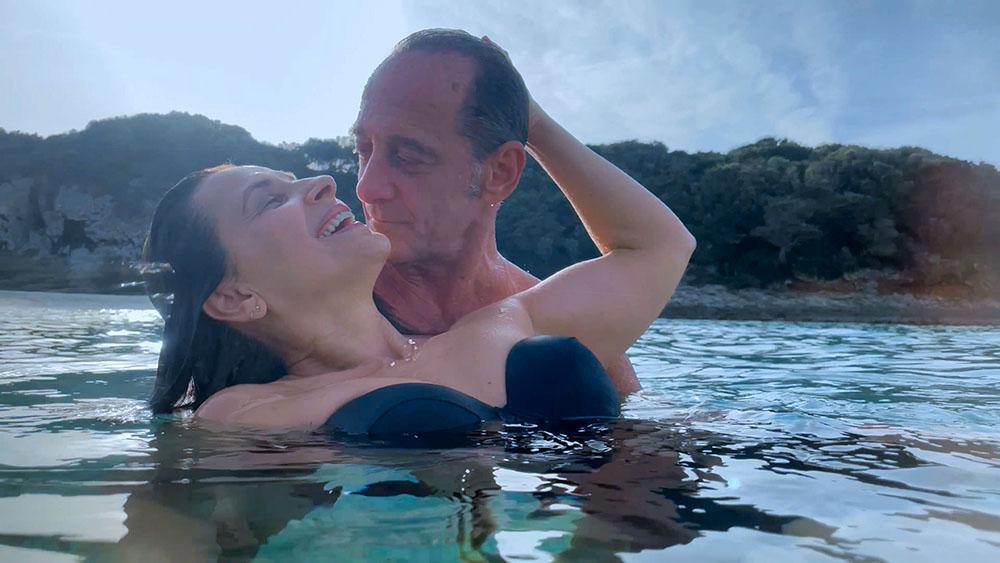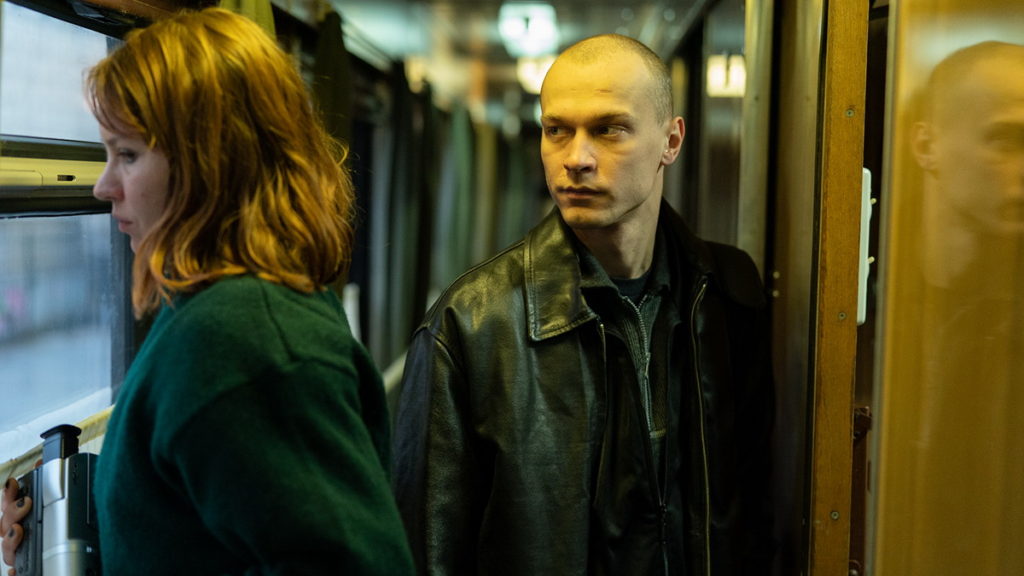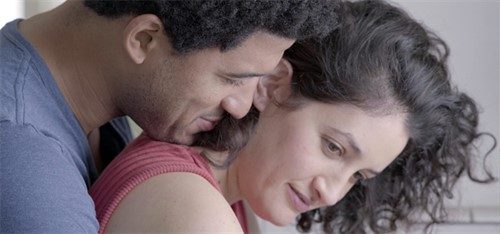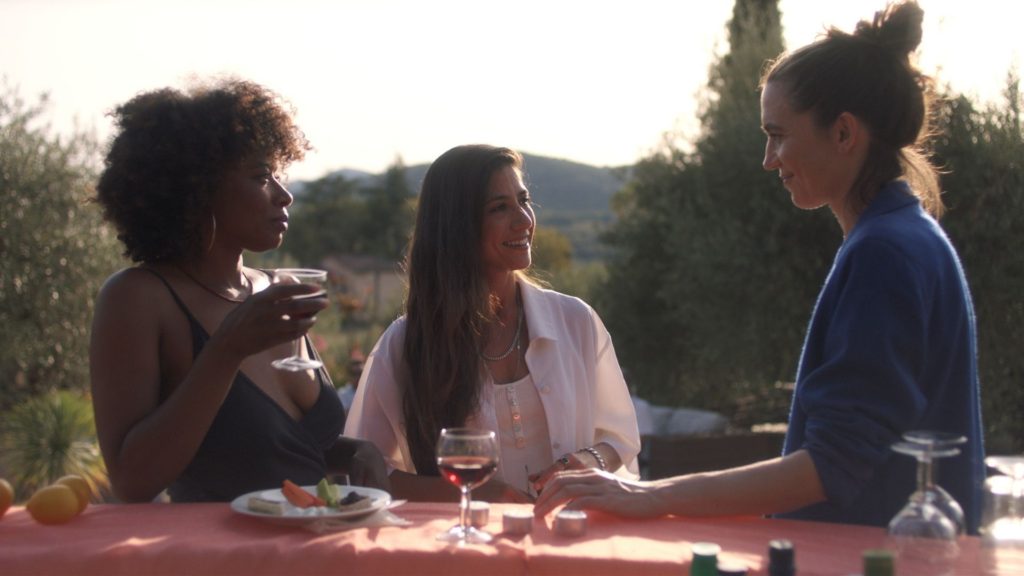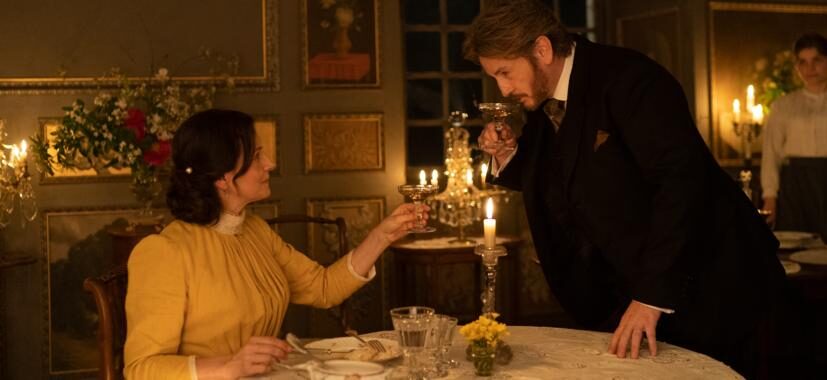
The French romantic drama The Taste of Things is the story of a man consumed by two passions – an obsession with gastronomy and a profound love for a woman. It’s also one of the mouthwatering movies in the history of cinema.
The man is Dodin (Benoit Magimel), a famous gourmand in 1884 France, a key moment in the history of the culinary arts, when the master French chef Escoffier was still in his 30s. The woman adored by Dodin is Eugenie (Juliette Binoche), not coincidentally his live-in cook.
The Taste of Things begins with a long scene (15+ minutes) as Eugenie leads a team in producing an elaborate garden to table meal, with every ingredient prepared old school, the long and hard way. Fish quenelles are formed by hand, shrimp shells are boiled into a stock, and the quenelles are pached in the shrimp stock. It takes hours for a rack of veal turned into an OMG marvel. It turns out that this is a multi-course feast prepared for Dodin and his chatty four buddies. The guys all fall SILENT when the consommé appears, and then, as the courses pile up, don’t say anything more that isn’t about the meal itself or the history of gastronomy.
The fruit of Eugenie’s labor, exquisitely photographed, are the height of food porn. One highlight is a spectacular vol-au-vent. When Eugenue shows up with a giant croissant-like thing (a giant bioche?) that she and the four buddies dig into with their hands, there were audible gasps from the audience at the screening.
There’s even a scene with a culinary Holy Grail, now illegal in the US, fabled ortolans devoured as per tradition, with the diners’ heads under their napkins. Of course gastronomy, as any human endeavor, can be taken to silly extremes, which is illustrated by a dinner for Dodin and his friends, hosted by a prince under the mistaken impression that more is always better.
Eugenie prepares masterpiece after masterpiece for Dodin until her health falters, giving him the opportunity to express his love by preparing and serving her an even more formidable dinner.
The Taste of Things is a film by writer-director Anh Hung Tran, who certainly knows his way around movie passion and movie foods (The Scent of Green Papaya).
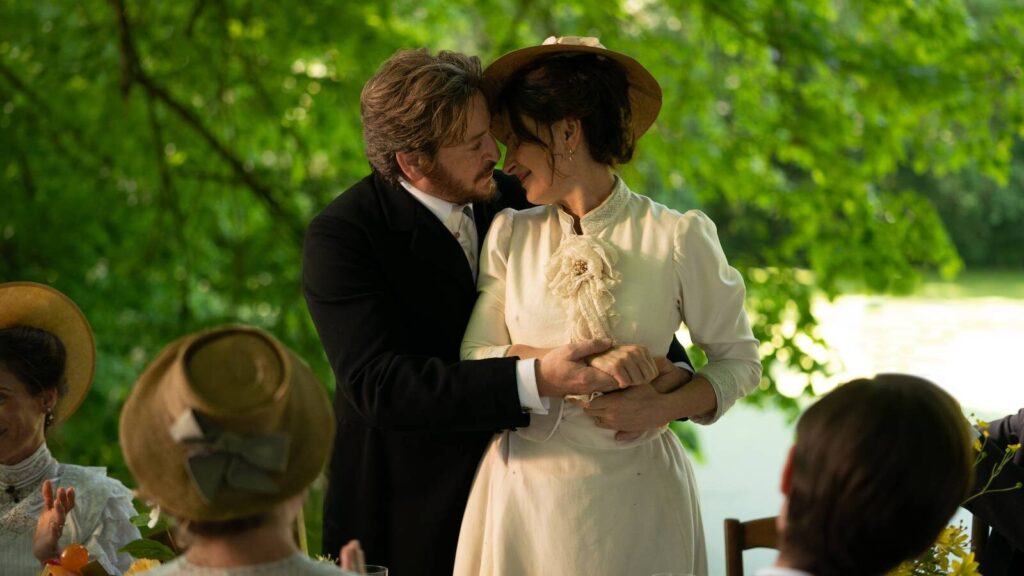
It’s always a pleasure to watch the radiant Juliette Binoche, especially when she’s playing an endearing character like Eugenie, who keeps resisting Dodin’s offers of marriage even as she values his culinary partnership and welcomes him into her bed. Their relationship is perfectly summed up in the epilogue when Eugenie asks Dodin a question and receives his answer with bliss. She feels loved – and on her terms.
The Wife liked The Taste of Things less than I did, in part because she was less entertained by the long scenes of meal preparation, which captivated me. (I am The Movie Gourmet, after all.)
We both, however, thoroughly enjoyed the character of the culinary child prodigy Pauline (Bonnie Chagneau-Ravoire), especially her reaction to her first Baked Alaska and her growing into a peer of Dodin’s.
The Taste of Things was France’s submission to the Academy Awards. It’s going on my list of Best Foodie Movies. It’s now available to stream from Amazon and AppleTV..

